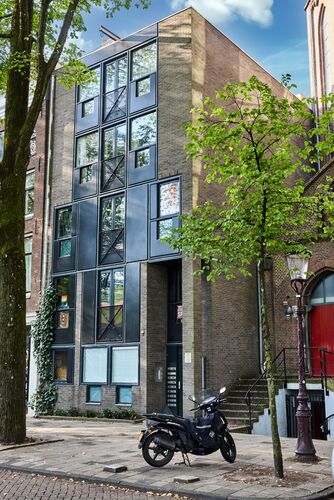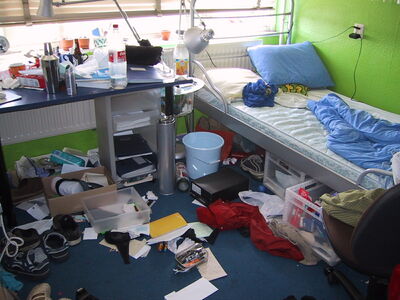Housing fraud includes all forms of unlawful occupancy and misuse of a residence. This ranges from (sub)letting without permission to facilitating illegal activities, such as cannabis cultivation or prostitution.
Reporting housing fraud is essential as it contributes to a fair distribution of housing and helps maintain a safe living environment for everyone.
Below, you’ll find examples of housing fraud, how to recognize it, and the actions taken when it is identified. Together, we can combat housing fraud and promote a fair living environment. Your report will always be handled confidentially.
How do you recognize housing fraud?
Do you suspect housing fraud in your area? Keep an eye out for the following signs:
- A strange smell, such as a strong marijuana odor or an anise-like/chemical scent
- Buzzing and other unusual noises
- Warm walls
- Overflowing mailboxes
- No visible activity, with curtains always closed
- Different people entering and leaving the property, even at night
- Visitors leaving after only a few minutes
- Moving activities at unusual times
The dangers and consequences of housing fraud
Housing fraud is prohibited in the Netherlands and carries serious risks. It can lead to nuisance and social insecurity for nearby residents and the surrounding area. Additionally, cannabis- and drug-related activities can pose fire hazards. Illegal human trafficking and prostitution are also severe risks associated with housing fraud.
Report housing fraud (anonymously)
Do you suspect housing fraud? Reports of housing fraud are treated confidentially and can be submitted anonymously. We appreciate it if we can contact the reporter for more information, but this is not mandatory. Even if there is a suspicion, the case is carefully investigated, although this may take some time before results are obtained.
You can report housing fraud to us as follows (anonymously if desired):
![[Translate to English:] [Translate to English:]](https://zigbukcpproduction.blob.core.windows.net/duwo-ksp-web-hupo-portal-p-pub/_processed_/6/2/csm_International_Student_House_ISH_30_0dd7713bb5.jpg)







